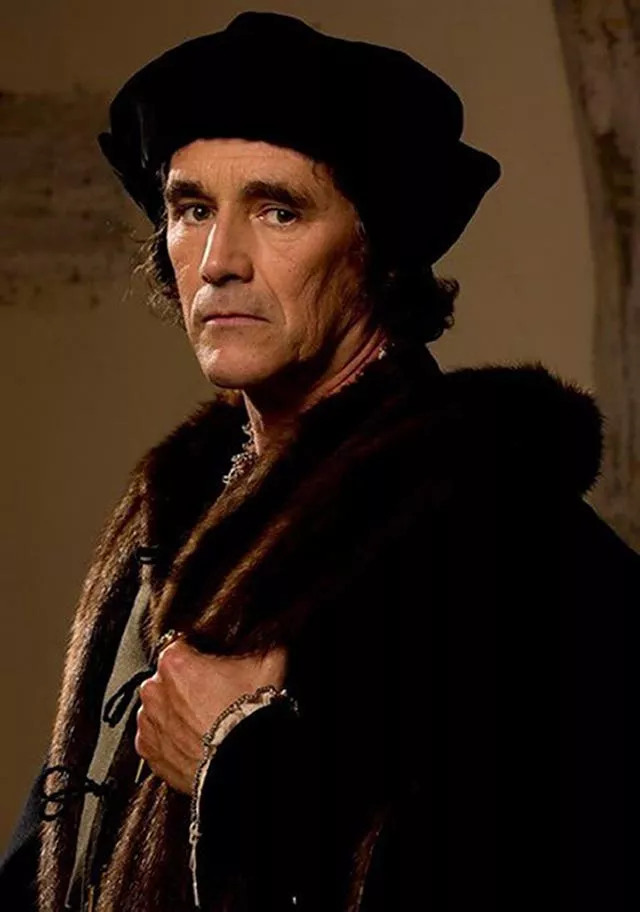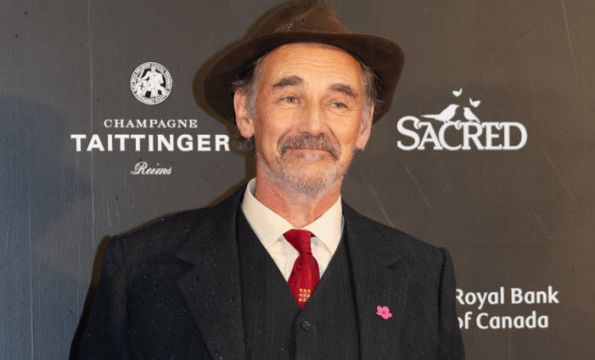Sir Mark Rylance has said when he started his career more than 40 years ago there were “more oddballs” and directors now are not keen on working with “difficult” actors.
The 63-year-old Oscar-winning actor, best known for for his role as Thomas Cromwell in the adaption of Hilary Mantel’s novel Wolf Hall for which he won a Bafta, described himself at the start of his career as “temperamental, moody and difficult to understand”.
Speaking to the BBC’s Sunday With Laura Kuenssberg, Rylance said: “I think today I might have got a bad reputation … and not been welcomed into work.”
Joining #BBCLauraK
Housing secretary Michael Gove
Scottish Labour leader Anas Sarwar
Actor Mark Rylance
Activist Evgenia Kara-Murza
Historian Simon Schama
Former Boris Johnson adviser Samuel Kasumu
Former minister Justine Greening
Sunday 9am @BBCOnehttps://t.co/F4QNZWuvzj pic.twitter.com/pReKqwlHid— BBC Politics (@BBCPolitics) June 17, 2023
Advertisement
The theatre director is also the recipient of two Olivier awards, which he won for his performances in Jerusalem and Much Ado About Nothing, and has had theatre credits in productions of Othello and Twelfth Night.
Rylance also said: “I’m not a doctor, I’m an artist, but I remember when I first came into the theatre in 1980, I feel like there were a lot more kind of oddballs and difficult people in the theatre, and I think on film sets too.
“Now I regularly, understandably, meet directors who only want people who are easy to work with, they don’t want anyone difficult, they don’t want anything like that.
“I think that also can be a loss.”
Rylance, who took home an Academy Award for actor in a supporting role for the 2015 thriller Bridge Of Spies as well as a Bafta, is also known for his work as The BFG in the 2016 film of the same name based on Roald Dahl’s beloved children’s novel.

He also said “things have improved” for diversity in entertainment and he has “doubts” that he would play a woman again following his 2014 Tony gong for Olivia in an all-male performance of Twelfth Night.
“Things have improved,” he added. “Now it’s unthinkable that anyone other than someone from the African diaspora would play Othello, for example.”
Rylance said he could “understand” Michael Sheen’s comments about actors who are not Welsh portraying characters from the country.
He said: “It’s even more powerful for people who have a disability, or some aspect of themselves that they feel is suppressed when they haven’t been given work.”
However, Rylance also said: “I think there is a risk to the imagination, I think it is a shame that that we’re closing down the ability for people to imagine and experience.
“It was very, very useful for me to play women … I’ve pretended to be a Welshman at times and had a wonderful time doing that and learning … that beautiful way of speaking that Welsh people have.
“So, I think it is … a bit of a dull theatre if theatre’s politically correct. It’s a place for us to imagine things and experience things that if we experience them in life would maybe cause us harm.”
Welsh actor Sheen told The Telegraph this month: “Seeing people playing Welsh characters who are not Welsh, I find, it’s very hard for me to accept that.
“Not particularly on a point of principle, but just knowing that that’s not the case.”
Rylance is set to reprise the titular role in Dr Semmelweis as the production opens in the West End’s Harold Pinter Theatre this month.
Following the maverick Hungarian doctor, the play sees Ignaz Semmelweis “convince his colleagues to admit culpability and approve change” while being haunted by the pregnant women he cannot save.







